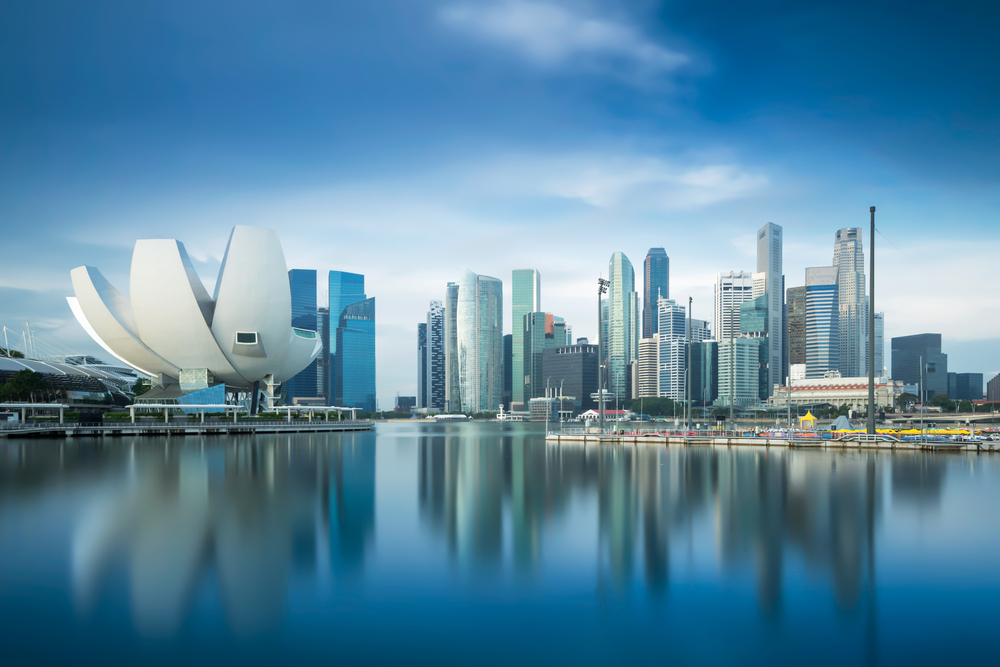Singapore is an attractive destination for travelers and foreign property investors. It’s an expensive place, as the fourth priciest country for U.S. expats, and one of the richest countries in the world in terms of GDP. There are high housing costs and costs of living, but many benefits such as safety, easy travel to other destinations in Asia, and a melting pot of culture and cuisine.
A combination of policy, demand, and supply has led to rising prices, with private property prices at a five year high in the second quarter of 2019. Both new and resale private homes go for S$1 - S$1.5 million, compared to less than 1 million five years ago. This is despite cooling measures imposed in July 2018. There is plenty of confidence in the market—but is it misplaced?
Cooling Measures Temper the Market
In the past few years, the government has implemented several measures to tame the property market, including lower loan limits and higher taxes for investors and developers. It takes about six months for the results of those measures to wear off, warranting further attempts to tame prices.
The government may decide to implement further cooling measures to keep a property bubble from swelling and create further stability in the market. On the one hand, cooling the market can filter out spectators and marginal buyers; but in the long term, there can be more demand after people are made to wait.
Is Slow Growth Enough?
There is a slow but steady growth for prices and sales volume. People are optimistic about the market, but the picture is more complicated.
The first half of 2019 saw 698 units sold per month, compared to 658 in 2018. One Pearl Bank development, located in the desirable Outram-Chinatown district, sold 160 of 200 units in the first weekend, making it the most successful project in 2019 for units sold. However, the percentage of total sales was lower than the average development pre-2018 cooling measures.
Resale is lower than in 2018, but still growing from the first quarter of 2019. Additionally, there has been an almost 10% decrease in unsold supply between Q1 and Q2. However, there is an increase in unsold private homes.
Foreclosures are also on the rise, with a record 778 properties put up for auction in the first half of 2019. That’s a huge 71% increase from last year.
Ultimately, supply outpaces demand. Despite growth this year, Singapore is not the hot market it was in 2010.
What’s in store for the rest of 2019?
With a slowing economy, there is some uncertainty regarding the market. Some think that a recession is unlikely, while others look at the trade war between the U.S. and China and foresee larger effects on Singapore’s economy. In June, exports declined 17.3 percent, after three months of decline.
On the bright side, the U.S. Federal Reserve cut the interest rate by 25 basis points on July 31st, which will contribute to better rates for property purchases. Foreign interest will remain strong, especially for U.S. expats.
With the outlook a murky mix of optimistic and tepid, investors will likely make cautious choices and keep an eye on the market during the rest of 2019. Developers will also continue to try and sell their stock. Ideally, the cooling measures will continue to prevent an unstable pricing bloom, and foreclosures can be tempered. Singapore is still seen as a haven for foreigners and interest will remain in the long term.

